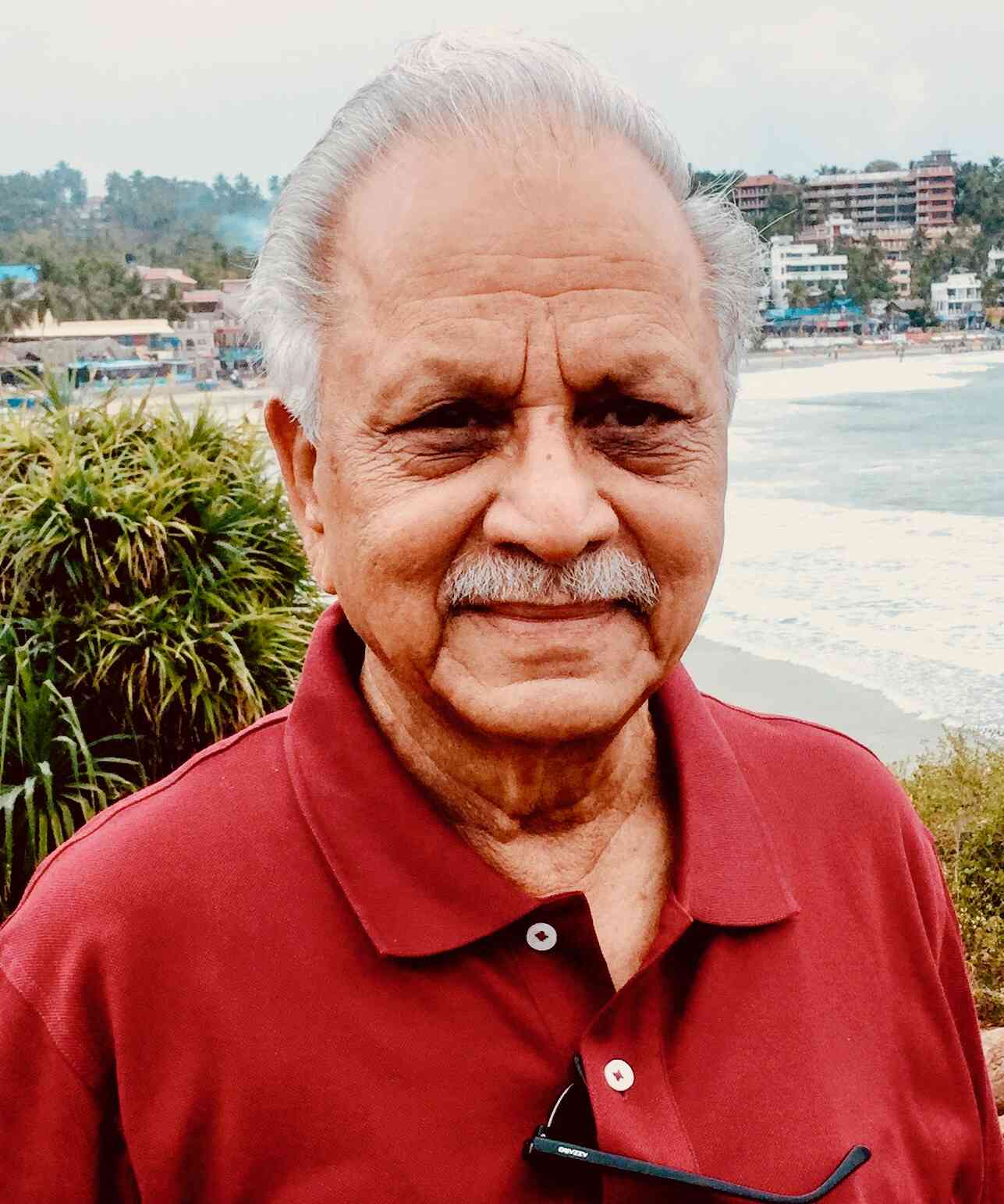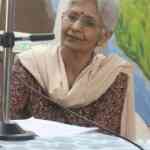Stop Elder Abuse
Today, June 15, is World Elder Abuse Awareness Day. Read on to find it what constitutes Elder Abuse and what you could do to prevent it.
Elder Abuse is a term that seems incongruous in a country like India, given our tradition of revering the older generation. Yet, with every passing year, as we hurtle towards becoming a country of 323 million elderly by 2050, according to a UNFPA and Helpage International report, there are more cases coming up that seem to do the opposite.
In 2014, half of India’s elderly (50%) surveyed in a study by Helpage India, reported experiencing abuse. 77% lived with their families. A recent study of the complaints registered at the Elders Helpline in Bangalore, run by Nightingales Medical Trust, reveals that the perpetrators of elder abuse are mostly family members. Compared to the figures of 2009-10, there is a three fold increase in the number of complaints against the family members.
The Elders Helpline, a joint project of the Bangalore City Police and Nightingales Medical Trust was established in 2002. So far, the Helpline has received 1,46,535 calls and registered 8349 complaints of serious nature. Out of these, 4332 disputes have been successfully resolved by the Helpline through counselling, legal advice, dispute redressal mechanism and police intervention.
In 2009- 10, out of the 320 complaints registered, 62 were against family members. In 2015-16, out of 393 complaints registered, 188 were against family members. The abusers are mostly daughters in law ( 33.8% ) , sons and daughters ( 21.4%) and others in the family ( 44.8%).The complaints are demand for money and property, financial exploitation, neglect by children, desertion, verbal and physical abuses.
This is just Bangalore. And those statistics are from the cases that were reported to the Elder’s Helpline.
What is Elder Abuse?
Elder abuse can be defined as an act intended to harm an older person by way of physical, emotional or psychological, mental, sexual, neglect or financial distress. Elder abuse includes abuses or harmful acts committed by close family, known relatives, friends, neighbours and paid care givers. It can have many forms, such as emotional, physical or financial. Here are some real life stories of Elder Abuse witnessed at the Elders Helpline office in Bangalore, published with their permission.
Emotional & Physical Abuse – House arrest by family members
Sabina Malik used to live with her elder son Abdullah in Bangalore. He would lock their mother in a room and provide her with only minimal food. Sabina’s daughter got her mother to the Nightingales Care Center and left her there without informing the staff that she would not be returning. On visiting the Helpline office, Abdullah confessed to tying his mother’s hands and legs due to her irregular behaviour and providing her with necessities in the room itself. His explanation for the house arrest was that he did not want his mother to disturb the neighbours. None of the children wished to bear the responsibility of their mother.
Financial Abuse – Issues with the tenant
Mr. Damodar used to reside with his daughter in Australia and had rented out his property in Bangalore to Mr. Sridhar. Initially, the tenant paid the rent on time but eventually stopped paying the rent. When asked to vacate the house, he threatened that he could malign the elderly landlord’s name in the society. When the tenant did not vacate the house even after the agreement period was over, Mr. Damodar approached the Elders Helpline. The staff tried to get in touch with the tenant but could talk only to his representative lawyer. When the lawyer got to know that his client was at fault, he himself came forward to help Elders Helpline staff in making the tenant leave the house.
Psychological Abuse – Harassment and emotional distress by husband
Leela Singh, 87, had been subjected to high degree of mental torture by her husband, Khushwant Singh, 90, a retired military colonel. According to the stated incidents, he used to confine his wife to their house and not let her meet their children or grandchildren. Although he never physically harmed his wife, he used to harass her by pretending to hit her, slamming the door hard to scare her apart from other indirectly violent acts. Mrs. Singh underwent emotional distress for quite some time before approaching the Elders helpline for assistance.
According to the World Health Organization (WHO), around 1 in 10 older people experience abuse every month. WHO also predicts that Elder Abuse may increase as many countries are experiencing rapidly ageing populations
What Elders Should Do To Prevent Abuse
• Avoid isolation. This can lead to loneliness, sadness, and depression and increase the possibility of abuse or neglect, even self-neglect.
• Keep in touch with family members and friends.
• Stay social and stay active. Keep in touch with old friends and make new ones.
• Consider volunteering in the community or becoming a surrogate grandparent or mentor to a child.
• Participate in religious and/or community activities.
• Don’t live with a person who has a history of violent or abusive behaviour.
• Beware of family members or caregivers who might have a need for financial assistance or who have substance abuse issues.
• Be cautious in making financial decisions and monitor your financial affairs.
• Discuss any significant financial decisions or changes to legal documents with someone you trust completely before taking action.
• Beware of people who ask you to change your Will or add their names to your bank accounts or titles on property.
• Keep your legal and financial documents in a safe place.
How to Recognize Elder Abuse As a Family or Friend
Elder Abuse may be hard to find, given that it is still a taboo topic and the abused senior citizen may make every attempt to hide it. However, do keep an eye out for these signs in any elder you know who may be living in an institution, alone with a caregiver or with family. Do remember though that not all these signs may indicate abuse. These are just meant to be guidelines, if as a friend or family you sense something wrong:
- Bruises or broken bones (excuses of frequent falls) could be an indication of physical abuse or mistreatment.
- If the senior citizen is suddenly withdrawn, doesn’t wish to do regular activities or seems depressed.
- Bedsores, poor hygiene and sudden weight loss.
- Changes in a senior citizen’s personality or behaviour could indicate an unhappy situation.
Helplines To Reach Out To
Helplines Across India (Run by Dignity Foundation, Helpage India, Nightingales Medical Trust and other NGOs in association with the city police)
Bangalore:1090 (Banglore City Police & Nightingale Medical Trust)
Ahmedabad:1800-180-1253
Gujarat Police Help line 1096
Dignity Foundation: 080 4151 1307/4166 1122, 1076
Chandigarh Senior Citizen Helpline 1090
Chennai Senior Citizen Helpline 1253
Helpage India:044 2621 3908, 3850
TN Senior Citizens’ Association: 044 4213 3002,
Delhi Dada Dadi Help Foundation: 9212717171 | 9212050505 | 26260777
Delhi Senior Citizen Helpline : 1291
Delhi Police: 1091
Delhi Police Senior Citizens Cell: 011-23490010/ 4336
Hyderabad Senior Citizen Helpline: 0901 047 0724
Indore Senior Citizen Helpline 0731 251 0308, 252 2111
Kolkata Senior Citizen Helpline 98300 88884
Pranam: 033 2419 0740
Mumbai Senior Citizen Helpline 1298/1090
Dignity Foundation Helpline: 022- 61381111
Nagpur Silvers club helpline: 91 9371276575, 9503439201
Pune Senior Citizen Helpline: 1091/020 – 30439100
– We thank Nightingales Medical Trust for inputs on this article
Comments

Anonoymous
14 Jun, 2018
[…] What is Elder Abuse & How To Prevent It […]







Post a comment